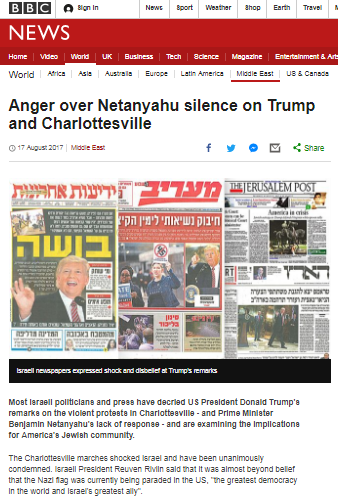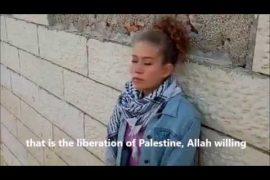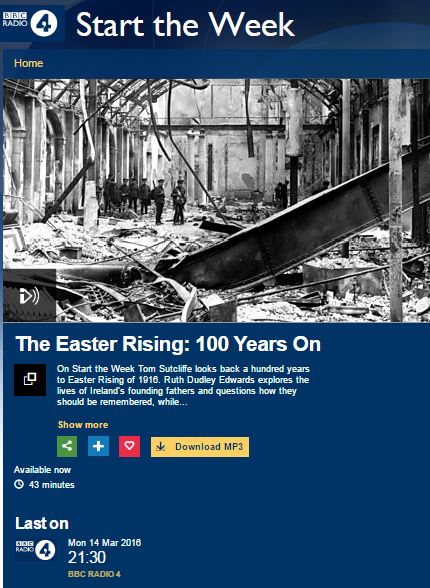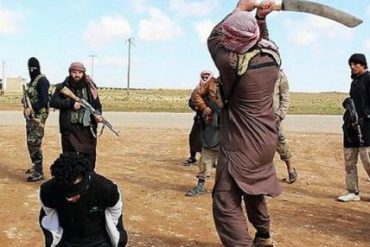An article headlined “Yemen war: Houthi missile attack on Saudi airport ‘injures 26’” was published on the BBC News website’s Middle East page on June 12th.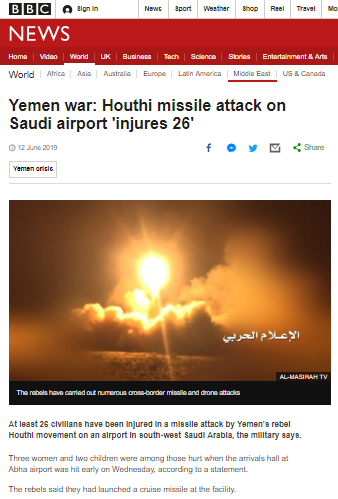
In that report readers found the following: [emphasis added]
“Yemen has been devastated by a conflict that escalated in March 2015, when the rebels seized control of much of the west of the country and forced President Abdrabbuh Mansour Hadi to flee abroad.
Alarmed by the rise of a group they believed to be backed militarily by regional Shia power Iran, Saudi Arabia and eight other mostly Sunni Arab states began an air campaign aimed at restoring Mr Hadi’s government.”
That second paragraph originally appeared in a backgrounder titled “Yemen crisis: Why is there a war?” (which is now dated 21 March 2019 but was first published in October 2016) and a link to that backgrounder appears immediately afterwards.
The current version of that backgrounder goes on to tell BBC audiences that:
“The coalition said it wanted to halt the smuggling of weapons to the rebels by Iran – an accusation Tehran denied….”
And:
“The conflict is also seen as part of a regional power struggle between Shia-ruled Iran and Sunni-ruled Saudi Arabia.
Gulf Arab states – backers of President Hadi – have accused Iran of bolstering the Houthis financially and militarily, though Iran has denied this.”
No effort is made either in that backgrounder or the current article to provide readers with information which would help them to decide whether there is any substance to those Iranian denials.
For example the BBC could have told readers that two months before it last updated its backgrounder, a UN Security Council report noted that:
“The Panel has identified a small number of companies, both within and outside Yemen, that operated as front companies under false documentation to conceal a donation of fuel for the benefit of a listed individual. The revenue from the sale of that fuel was used to finance the Houthi war effort. The Panel found that the fuel was loaded from ports in the Islamic Republic of Iran under false documentation to avoid detection by inspections of the United Nations Verification and Inspection Mechanism.”
As reported by AP, in another UN report from the previous year
“…the experts said Iran violated a U.N. arms embargo by directly or indirectly providing missiles and drones to the Houthis.”
So much for the BBC’s obligation to “offer a range and depth of analysis and content not widely available from other United Kingdom news providers […] so that all audiences can engage fully with major […] global issues…”
Related Articles:
BBC News still unsure about Iranian involvement in Yemen
Limited BBC journalistic curiosity on Iranian involvement in Yemen
BBC News portrays Iranian involvement in Yemen as ‘overplayed’

